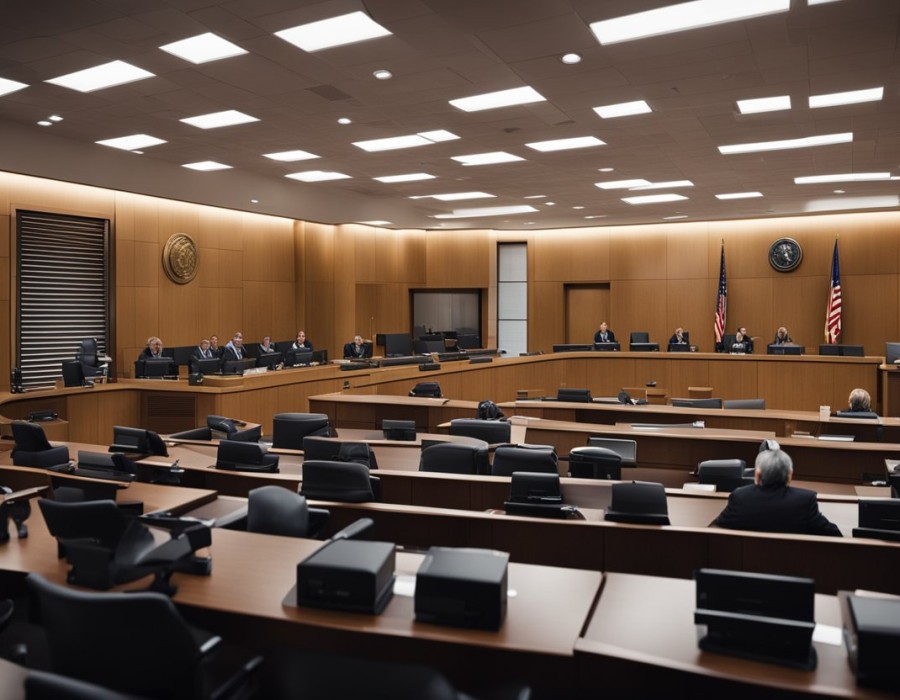Introduction
Internet Protocol Television (IPTV) is revolutionizing how we consume television content. Offering convenience, flexibility, and a vast array of channels, IPTV has become increasingly popular. However, the legal landscape surrounding IPTV can be complex. Understanding the legal considerations is crucial to ensure you're on the right side of the law when using IPTV services.
Copyright Infringement
One of the primary legal concerns with IPTV is copyright infringement. Legitimate IPTV providers have agreements with content creators and networks to broadcast their material. However, some IPTV services offer access to content without the proper licenses, which is illegal. Using these unlicensed services means you're watching pirated content, making you complicit in copyright infringement.
To avoid legal trouble, always verify that your IPTV provider has the necessary licenses to broadcast the content they offer. Stick to reputable services known for their compliance with copyright laws.
Subscription Fees and Licenses
Legitimate IPTV services usually require a subscription fee. This fee goes towards licensing agreements with content producers, ensuring that the creators are fairly compensated. Be wary of IPTV services that offer too-good-to-be-true deals, as they might be circumventing licensing fees. Remember, if a service is offering premium content for free or at an unusually low price, it could be operating illegally.
Geolocation and Content Licensing
Content licensing often varies by region. Some IPTV services are only legally allowed to broadcast content in specific countries or regions. Using a Virtual Private Network (VPN) to bypass these geolocation restrictions can also land you in legal trouble. While VPNs are legal in many countries, using them to access content not intended for your region may violate the service's terms of use and local laws.
Data Privacy and Security
When choosing an IPTV provider, it's important to consider how they handle your personal data. Reputable IPTV services should have clear privacy policies outlining how they collect, use, and protect your data. Avoid services that do not provide transparency about their data practices, as this could lead to privacy breaches and misuse of your personal information.
Legal Recourse and Consumer Protection
In case of disputes, such as service interruptions or billing issues, legal recourse and consumer protection are important considerations. Legitimate IPTV providers usually have customer service and dispute resolution mechanisms in place. Illegitimate services, on the other hand, offer no such protections, leaving you vulnerable if something goes wrong.
Enforcement and Penalties
Governments and regulatory bodies are increasingly cracking down on illegal IPTV services. Penalties for using or distributing unlicensed IPTV services can be severe, including hefty fines and even imprisonment. It's crucial to stay informed about the laws in your country regarding IPTV usage to avoid potential legal repercussions.
Conclusion
IPTV offers a modern and flexible way to enjoy television content, but it comes with its own set of legal considerations. Always choose reputable, licensed IPTV providers to ensure you're compliant with copyright laws and protected from legal issues. Understanding the legal landscape of IPTV will help you make informed decisions and enjoy your favourite content without worry.





Comments